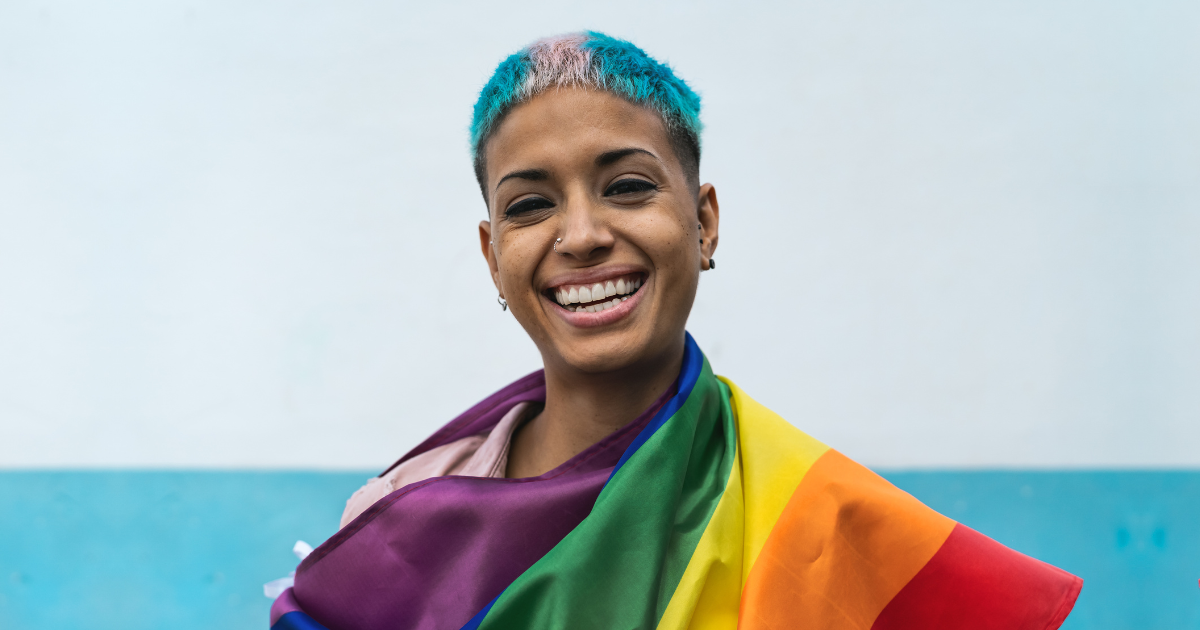Equality australia
We use legal, policy and communications expertise - backed by the people power of our community - to achieve equality for LGBTIQ+ people

Join the movement
Equality Australia was born from a campaign to deliver marriage equality for millions of current and future Australians. Learn more about how we achieved this historic change!
NSW Currently has the worst Laws for LGBTIQ+ EQUALITY
We saw NSW ban harmful conversion practices. But NSW is still falling behind the rest of the country. The LGBTIQA+ Equality Bill will fix this.
This historic reform package will allow trans and non-binary people to update their gender without the need for surgery and remove legal carve-outs that allow LGBTIQ+ teachers and students in religious schools to be fired or expelled.
But it needs to become law to start changing lives.
That’s where we need your help. Send a letter to NSW Labor and show your support, and find out more below.
This letter will be addressed to your local MP and sent to key Labor MPs to ensure your voice reaches the people who need to hear it.





